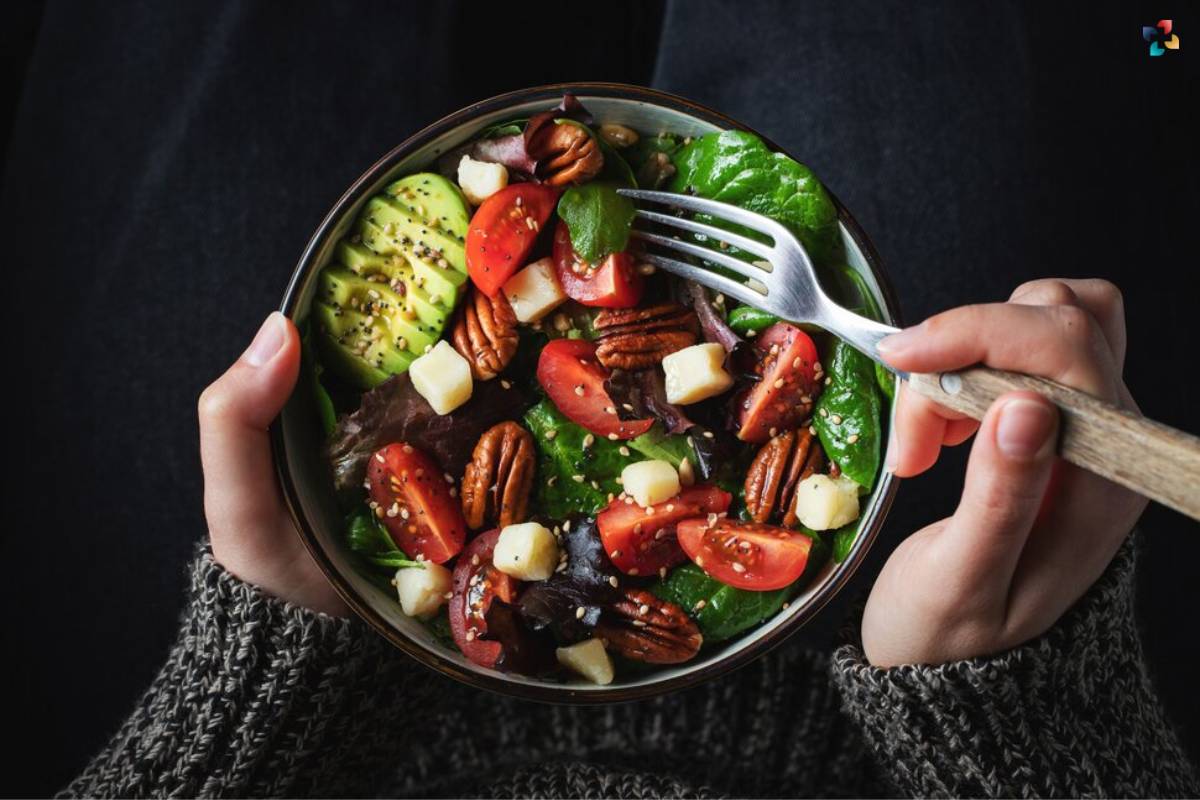Food guilt is a common feeling that many people experience when they eat foods that they perceive as unhealthy or when they overeat. This feeling of guilt can lead to negative thoughts and behaviors surrounding food, which can be detrimental to one’s mental and physical health. However, it is possible to overcome food guilt and develop a positive relationship with food. In this guide, we will explore the causes of food guilt, the negative effects it can have, and strategies for overcoming food guilt.
Causes of Food Guilt
- Diet culture
Diet culture promotes the idea that certain foods are “good” or “bad” and that people should restrict their intake of “bad” foods to achieve a certain body type or weight. This can lead to feelings of guilt and shame when someone eats a food that is deemed “bad” by diet culture.
- Negative self-talk
Negative self-talk can lead to feelings of guilt and shame around food. If someone constantly tells themselves that they are “bad” for eating a certain food, they are more likely to feel guilty when they eat it.
- Perfectionism
Perfectionism can lead to guilt when someone does not meet their own high expectations for their diet. If someone believes that they should only eat “perfectly” healthy foods, they are more likely to feel guilty when they eat something that does not meet that standard. Have many strategies for overcoming food guilt so just read this carefully.
Negative Effects of Food Guilt

Emotional distress: Food guilt can lead to emotional distress, including anxiety and depression. Constantly feeling guilty about food can take a toll on one’s mental health and lead to negative self-talk and self-esteem issues.
Disordered eating behaviors: Food guilt can lead to disordered eating behaviors, such as restriction, bingeing, and purging. These behaviors can harm one’s physical and mental health and lead to eating disorders.
Poor relationship with food: Food guilt can damage one’s relationship with food, leading to fear, anxiety, and negative feelings toward eating. This can make it difficult to enjoy food and can lead to a disordered relationship with food.
Strategies for Overcoming Food Guilt
1. Challenge negative thoughts
Negative self-talk and beliefs about food can contribute to food guilt. In the strategies for overcoming food guilt important to challenge these thoughts and beliefs and replace them with more positive and realistic ones. For example, instead of thinking “I’m bad for eating this,” try reframing it to “It’s okay to eat this in moderation, and I don’t need to feel guilty about it.”
2. Practice self-compassion

Self-compassion involves treating yourself with kindness and understanding, even when you make mistakes or experience difficult emotions. It can be helpful to practice self-compassion when experiencing food guilt, reminding yourself that everyone makes mistakes and that it is okay to enjoy all types of food in moderation.
3. Embrace intuitive eating
Intuitive eating is an approach to eating that involves listening to your body’s hunger and fullness cues and eating in a way that feels nourishing and satisfying. By embracing intuitive eating, you can let go of strict rules and restrictions around food and develop a more positive relationship with food. This is one of the Important strategies for overcoming food guilt.
4. Seek support
Seeking support from friends, family, or a mental health professional can be helpful when dealing with food guilt. Talking through your feelings and getting advice from others can help you gain perspective and develop strategies for overcoming food guilt.
5. Focus on overall health
Rather than focusing solely on the healthfulness of individual foods, it can be helpful to focus on overall health and well-being. This means prioritizing a balanced and varied diet, getting regular exercise, and practicing self-care.
6. Engage in mindful eating
Mindful eating involves being present and aware while eating, paying attention to the flavors, textures, and sensations of the food. By practicing mindful eating, you can fully enjoy and appreciate the foods you are eating without feeling guilty or ashamed.
7. Avoid restrictive diets

Restrictive diets can contribute to food guilt and disordered eating behaviors. Instead of following strict rules or guidelines around food, focus on eating a variety of foods in moderation and listening to your body’s cues.
8. Challenge diet culture
Challenge the harmful messages and beliefs promoted by diet culture. Recognize that there are no “good” or “bad” foods and that all foods can be part of a healthy and balanced diet.
9. Practice gratitude
Gratitude can help shift your focus away from negative thoughts and emotions surrounding food. Practice gratitude by appreciating the nourishment and pleasure that food provides, as well as the abundance of food choices available.
BOTTOM LINE
Strategies for Overcoming Food Guilt are challenging, but it is possible with the right strategies and support. Challenging negative thoughts, practicing self-compassion, embracing intuitive eating, seeking support, focusing on overall health, engaging in mindful eating, avoiding restrictive diets, challenging diet culture, and practicing gratitude, are the best Strategies for Overcoming Food Guilt. Remember that everyone makes mistakes and that it is okay to enjoy all types of food in moderation. Prioritize your mental and physical health, and trust yourself to make choices that feel nourishing and satisfying.











